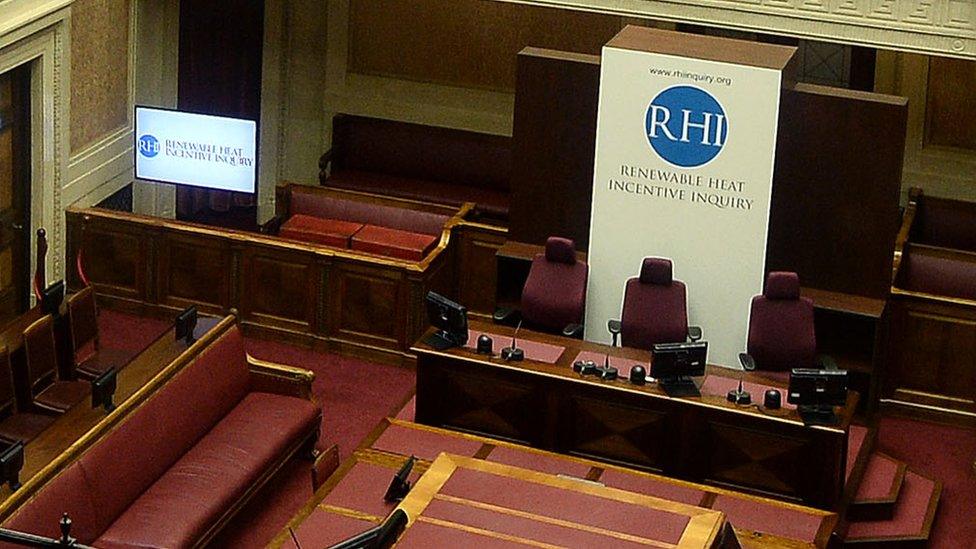RHI inquiry has cost taxpayer almost £13m
- Published
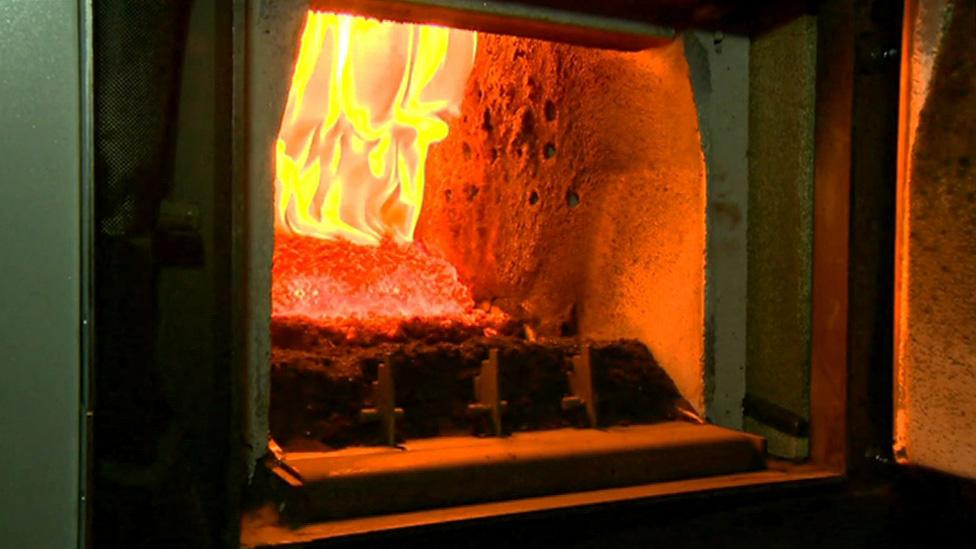
The RHI scheme offered a financial incentive for businesses to install renewable heat systems, such as biomass boilers
The inquiry into the Renewable Heat Incentive (RHI) scheme cost the taxpayer almost £13m, it has emerged.
The scheme was set up to encourage the use of renewable energy sources, but it closed in 2016 due to concerns about cost controls.
The inquiry sum includes £7.3m spent directly by its team on accommodation, legal counsel, support services and expenses.
A detailed breakdown of that figure has been published on its website, external.
This cost comes on top of a previously revealed £5.5m which four Executive departments paid out in legal fees.
The inquiry was established in January 2017 to investigate an ill-fated, over-generous renewable heat scheme which at one point threatened to overwhelm the Executive's finances.
The political controversy it caused - including allegations of DUP cronyism - helped collapse the Northern Ireland Executive leading to three years of drift.
The inquiry reported in March 2020 and found that while the subsidy scheme to encourage a shift to renewable heat systems had been badly designed and poorly run, there had not been any corruption.
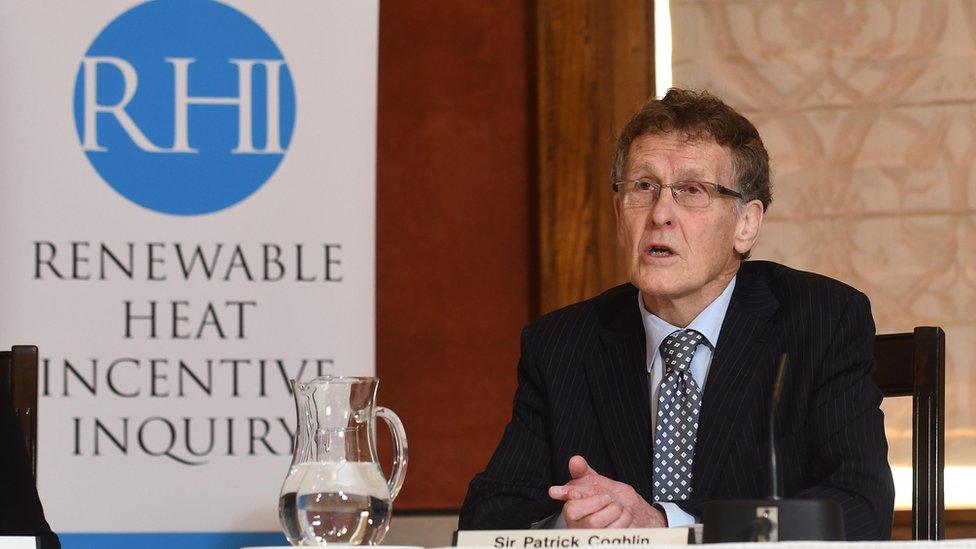
Inquiry chair Sir Patrick Coghlin and his two panel members were paid £1.3m
Of the £7.3m bill, the bulk was taken up paying barristers, solicitors and support staff who guided the inquiry team through the hearings.
The chairman Sir Patrick Coghlin and his two panel members were paid £1.3m.
Three counsel to the inquiry received just over £2m between them.
And the inquiry solicitor, his secretariat and a legal support team were paid £2.3m.
Almost £1.4m was spent on office space and a venue for the hearings and IT used during the evidence gathering sessions.
One hundred and twenty eight thousand pounds was spent on travel expenses, and £87,000 was spent on a media officer and printing costs of the inquiry report.
While the figure of £12.8m is the most accurate we have - it does not cover the cost of departmental staff who spent large periods of time complying with a legal requirement to produce relevant documents to inquiry staff.
That time means the true cost is likely to be considerably higher, but unquantifiable.
- Published13 March 2020
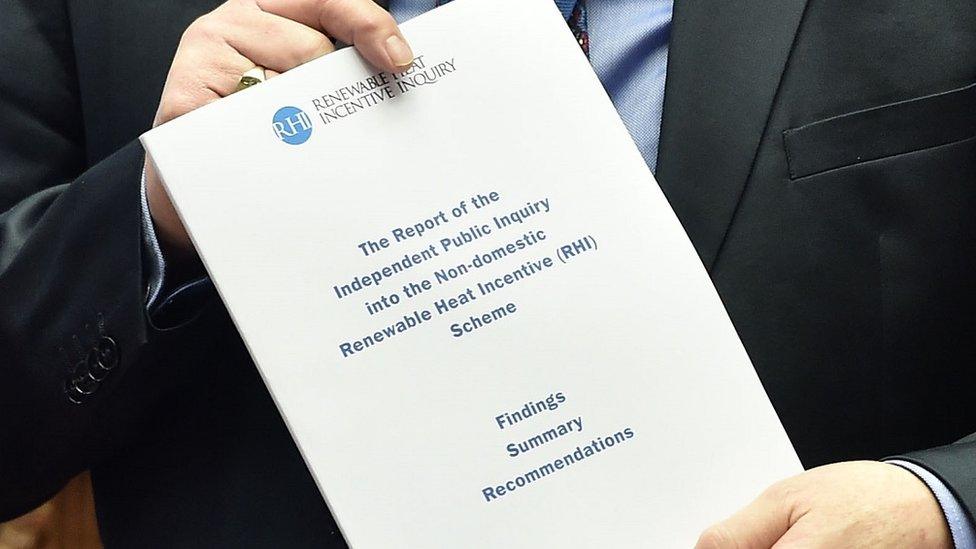
- Published13 March 2020
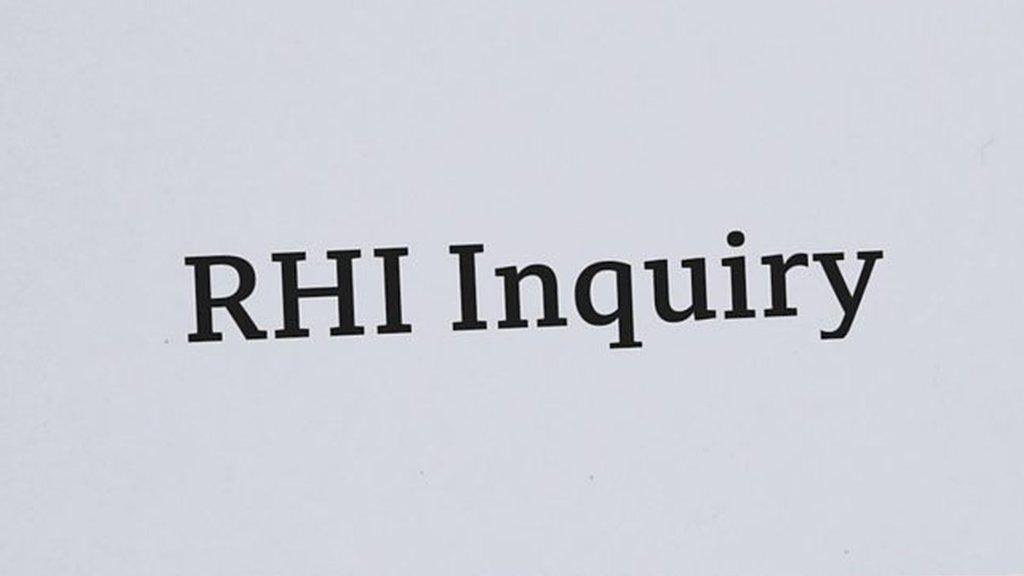
- Published13 March 2020
